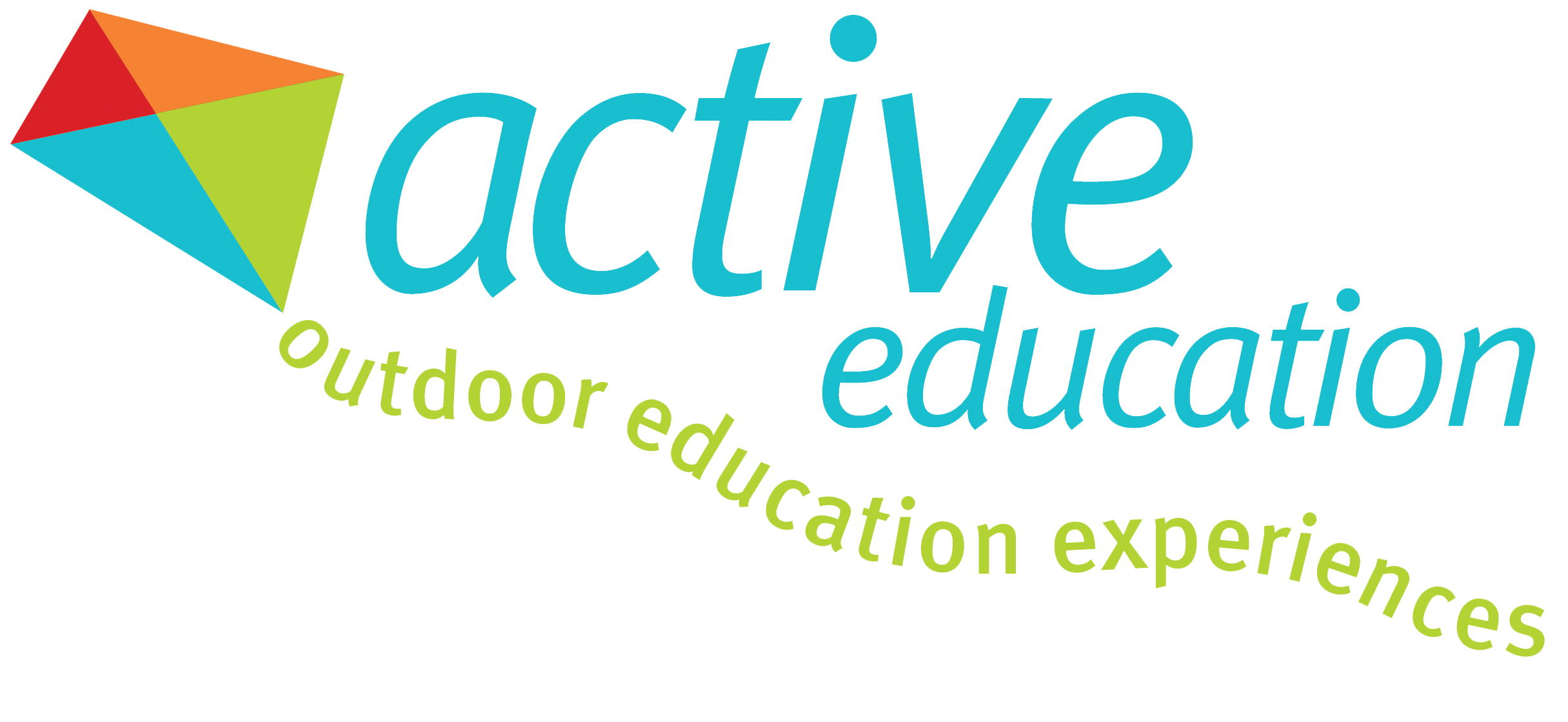One of the most distinctive memories of school life for any recently graduated student will be that of a story from a remarkable school camp. Whether they appreciated it at the time, school camps build resilience, social skills, self-sufficiency and autonomy during a child’s formative years.
Educational school camps have a number of benefits for students from junior primary to upper secondary. While the nature and content of these camps may change as students grow, education experts agree that school camps are an integral part of any student’s learning experience.
What the experts say...
A 2011 study involving five thousand students, staff and parents in the United States found that school camps were associated with significant outcomes for emotional intelligence, including improvements in self-esteem, independence, leadership, environmental awareness and even decision-making.[1]
The same study even found benefits for school staff – teachers and facilitators reported that plying their skills in a new environment “contributed to twenty-first-century workforce skills such as planning, decision-making, communication, and teamwork.”
Education in the ‘real world’
As many teachers would know there are some students especially in Secondary education that can become frustrated with the classroom experience because they do not see how what they are learning will translate into ‘real life’, with comments like, “Why am I learning this?” and, “When will I ever use this?” common.
School camps and excursions have the ability to take classroom learning and put it in the context of the ‘real world’. Indigenous perspectives units from the National Curriculum, for example, can be translated into hands-on learning with an Aboriginal studies camp, and trips to the Murray River can enable students to implement what they have learned in the classroom about water and sustainability.
Teaching independence and away-from-home skills
School camps help students develop a sense of autonomy. For many campers especially younger primary aged students, a full camp experience can often create a sense of anxiety in the lead up to camp and as they climb on the bus but by the end of a camp program, students return home with a new sense of self-esteem and independence.
A holistic approach to learning
After many years of working on camps as a facilitator where teachers are encouraged to participate and interact on a different level with their students, it is always great to see the positive relationships grow between teachers and students.
There have many occasions in that time I have seen the students who excel at school actually find they are challenged and pushed into the stretch zone requiring resilience. Whilst on the flip side the student that has a hard time in the classroom thrives in the hands-on environment of camps and enabling them to earn a greater level of respect among their peers.
School camps can help build self-esteem, especially for these students. Camps with a physical education component, such as bushwalking or kayaking, for example, can make students with ‘hands-on’ talents feel good about themselves and celebrate their own success.
As you can see from this quick article there are so many benefits of educational school camps and over the next few months, I hope to take you behind the scenes of the wonderful world of school camps.
[1] Garst, B., Browne, L. & Bialeschki, M. (2011). Youth development and the camp experience. New Directions for Youth Development, 2011(130), pp. 73-87.

